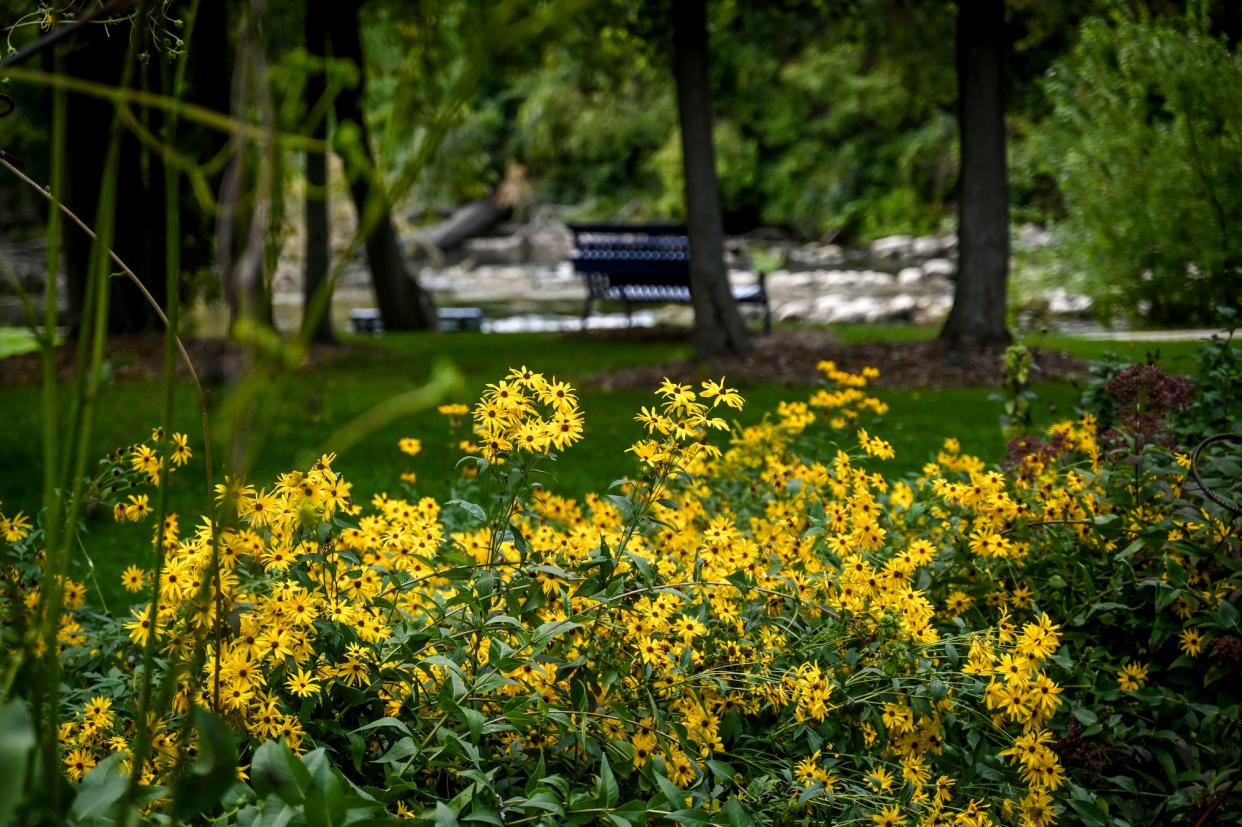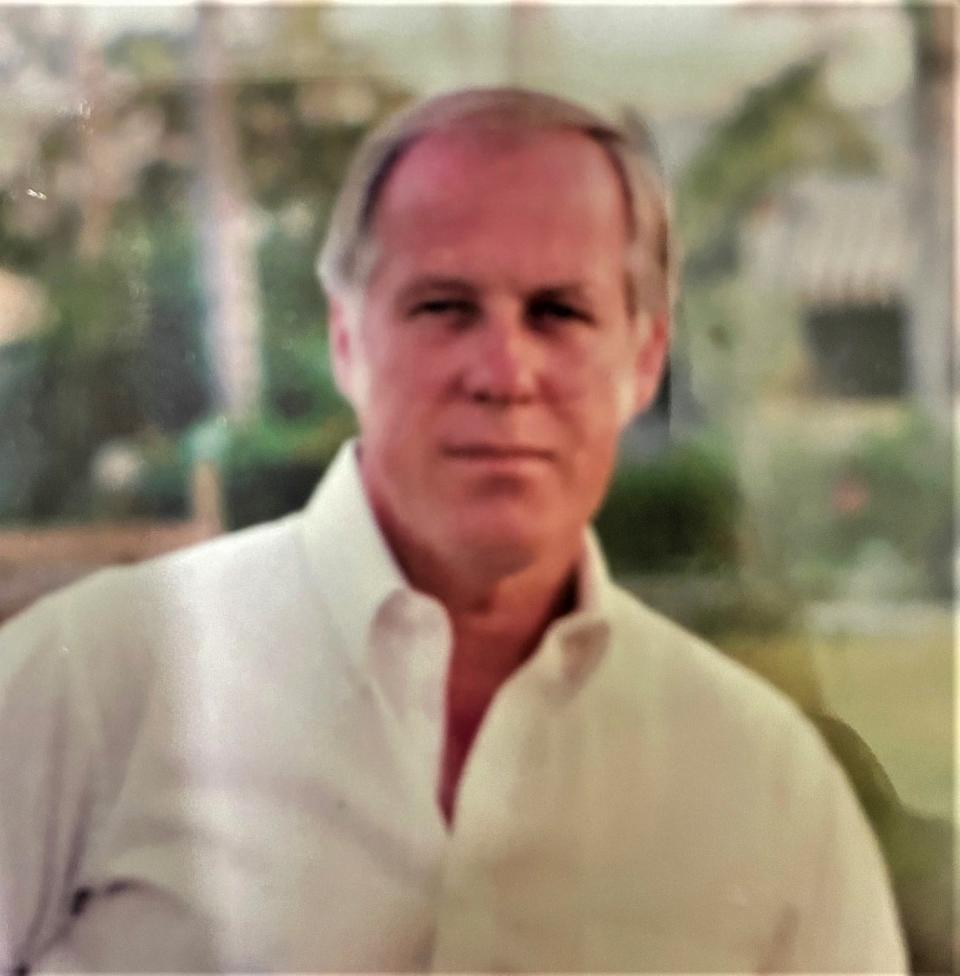Jacksonville Beach retiree: Memories of frogs, fireflies and a natural world now vanished

Growing up in New Jersey back in the 1940s and ‘50s, I led sort of a Huckleberry Finn existence, which was only occasionally interrupted by having to pick corn or peppers at one of the local farms.
Our days usually started waking up to the cooing sounds of mourning doves. If we were in for a really hot day, the ubiquitous locust would warn us with their unrelenting trill. All of which would lead my mother to exclaim, “It’s going to be a barn burner today!”
With no computers, iPhones or PlayStation to distract us, we spent our time playing outside and undertaking important projects like building tree huts, underground forts with stovepipe periscopes and making slingshots out of old inner tubes.
Behind our house was a lake, the neighborhood social gathering place, and what good times we had there on those long, hot summer days. Around that old lake we learned (if unwittingly), about the natural world. There were frogs to be caught, pond skaters to be observed and butterflies to be examined.
Back then, daisies and black-eyed Susans seemed to be everywhere. Many of our roads were lined with magnificent tiger lilies dressed in orange and June nights were filled with the lovely intoxicating scent of wild honeysuckle.
Spring was also heralded in by those delightful little tree frogs (peepers) with their evening serenade telling us that spring has come to call. It was a sound I waited all winter for and has always rekindled memories of my youth so long ago. Their forest home has since been clear-cut, and now only silence remains.
At dusk, during the summer months, nature’s electric company — lightning bugs or fireflies — would set fields and woods aglow, contributing to the evening’s fun. With mason jars in hand, the contest was on to see who could catch the most, only to be released a short time later unharmed.
Nightfall also awakened the neighborhood orchestra of crickets. Competition for the night stage was intense. Of all the nocturnal performers, however, I think the katydids — with their melodious unbroken song during summer nights — win hands-down.
During those days, there was always someone in their backyard cooking hot dogs and hamburgers. That’s when the fun really started, especially if watermelon was on the menu. Before long things soon deteriorated into a spitting competition, to see who could spit the seeds the farthest. It’s difficult to convey to the uninitiated the pride and prestige attached to being recognized by your peers as the best.
In our exuberance we sometimes over-indulged on tasty baked beans, which often led to some unpleasant aftereffects. We even managed to turn that into a contest, which resulted in inextinguishable laughter, at least among the participants. Let’s just say we didn’t make our mothers proud.
Mark Woods: $147 million federal grant a game-changer for Groundwork Jacksonville, Emerald Trail
The lake is gone now, replaced by a strip mall. I wish I'd had the money to buy that land and leave it undisturbed for future generations to enjoy.
We live in the natural world; we know no other. As science, human history and common sense tell us, humans are not special, not set apart, but are part of and interdependent on nature’s balance. That is, the earth does not belong to us — we belong to it.
Letters: Proposed titanium mine near Georgia wildlife refuge will affect Northeast Florida
In nature there are neither rewards nor punishments, there are consequences. With April 22 being Earth Day, it seems fitting to remind ourselves that if we fail or refuse to respect the earth and our environment, poet John Donne’s famous meditation may prove to be our legacy; our final epitaph:
“No man is an island, entire of itself. Every man is a piece of the continent, a part of the main; Nature’s death diminishes me, because I am part of Nature; and therefore, never send to know for whom the bell tolls, it tolls for thee.”
In 1934, Thomas Wolfe wrote a book titled “You Can’t Go Home Again,” but I sure do miss that old lake.

Borden Applegate retired in 1999 at the rank of major after serving 38 years with the Jackson Township Police Department in New Jersey. He lives in Jacksonville Beach.
This guest column is the opinion of the author and does not necessarily represent the views of the Times-Union. We welcome a diversity of opinions.
This article originally appeared on Florida Times-Union: Jacksonville retiree recalls youth spent outdoors for Earth Day
